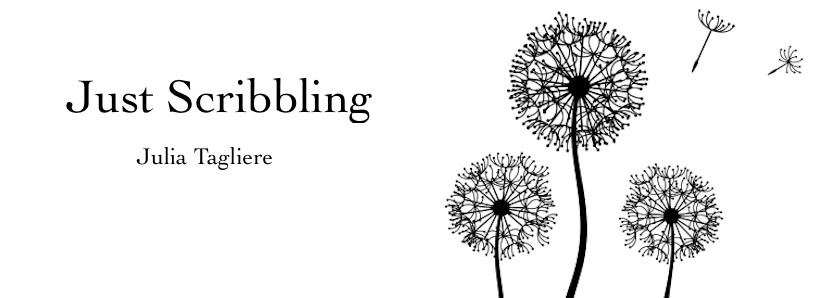 Last time I checked (five minutes ago), my email inbox had 5,299 messages in it. I confess: I’m a virtual hoarder. Maybe that should be one of my 2013 resolutions: cleaning out my inbox.
Last time I checked (five minutes ago), my email inbox had 5,299 messages in it. I confess: I’m a virtual hoarder. Maybe that should be one of my 2013 resolutions: cleaning out my inbox.
I save everything. I’ve got project files going back five years; photos of my children when they were babies (um, yeah, ten years ago); order confirmations for gifts given to folks with whom I’m no longer even on speaking terms. You name it; I’ve saved it.
Why so many, you might ask? Well, for one thing, you never know when one of those buried messages might turn out to be vitally important. It’s happened to me, that moment when a client or a family member says, “Does anyone still have this?” It’s a matter of twisted pride for me to be able to say, “Yes! Yes! I have it!”
I thought it was bad last year when the number soared to 3,000, but now that it’s over 5,000, I guess it’s time to do something about it. That brings me to the second reason why I have so many: I have so many! How am I ever supposed to tackle such a huge task?
The answer: one step at a time.
I’ve attempted this before, and obviously, I’ve failed. I start by doing searches for some of the mass-mailer culprits and delete those as a group. That’s the easy part. The good news is that that empties out a lot of messages very quickly. But once I’ve eliminated all those groups, I start looking at the individual messages and the sheer volume of the task overwhelms me. I find myself paralyzed and rationalizing at an unhealthy pace.
“They’re paperless; it’s not like I’m killing trees or anything.”
“I got rid of 2,000; I bet most people have that many in their inboxes right now.”
“A clean inbox is the sign of a sick mind.”
I even have one of my favorite rationalizations on my mouse pad: “Out of clutter, find simplicity; from discord, find harmony…” Yep, that’s right: you may think my inbox looks messy, but I’m actually a paragon of simplicity and harmony. Stop laughing. God, I love Albert Einstein (that quote is his): the ultimate mad genius. I bet if he were alive today, his inbox messages would number five digits or more.
But I digress.
The only thing for me to do, I suppose, is to try again. I’m nothing if not persistent. How to do it?
Well, breaking any task down into smaller, more manageable steps is the best strategy I know for overcoming task-specific paralysis. You can apply it to virtually any problem, too: household clutter; writing a book; managing your finances; improving your health. Those are all obstacles that can seem insurmountable simply because they just seem so big.
Break ‘em down! Maybe today, all I can do is trim 1,000 messages from my inbox via group search. Maybe today, all you can write is 1,000 words. Maybe today, all you can do is take 1,000 extra steps on your walk. Maybe today, all you can do is recycle all your old magazines from 2012.
Maybe after you’re done, you’ll still feel terrified at what a tremendous mountain still remains to be climbed. But if you only focus on the whole problem in all its terrifying entirety, you’ll never even get started.
So break it down, into the smallest steps possible, and then ask yourself: what can I accomplish today?
Go ahead, try it, it works—I’m already down to 4,613 messages! It’s still a ridiculous amount, but at least it’s one tiny step in the right direction.

